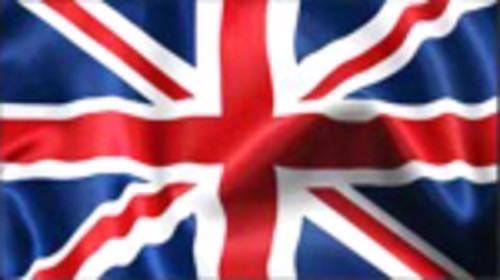In November, we told you about a move in the UK to monitor P2P sharing and permanently ban users who infringed on copyright from using the Internet.

In our reporting on P2P issues, it’s rare these days to get wind of some good news; today, we’ve learned that this plan to ban would not, in fact, apply to most file-sharing fiends. After one ISP stood up to the government’s proposals by circulating a petition, the government responded favorably, saying, “We are not requiring ISPs to monitor for unlawful file-sharing. Nor are we proposing that ISPs look at what users download in order to combat piracy… We will not terminate the accounts of infringers.”
The fear, uncertainty and doubt about the UK’s policy on illegal file-sharing stems from the introduction of the Digital Economy Bill, published on November 20, 2009. The bill “sets out in detail our proposed legislation to tackle on-line copyright infringement, including unlawful peer to peer file-sharing,” according to the government.
However, UK ISP TalkTalk vigorously objected to some of the measures laid out in the bill and drafted and circulated an e-petition to abandon the idea that illegal P2P file-sharing should result in a permanent ban from the Internet for guilty users.
“If citizens are innocent until proven guilty,” the petition reads, “ISPs would be forced to monitor internet usage to ensure that no copyrighted material is being transferred. This flagrant disregard for privacy is comparable to forcing the Post Office to search through parcels for photocopied documents or mixtape cassettes. Such requirements would place enormous strain on ISPs whilst failing to prevent the distribution of copyrighted material…
“Who is punished in the case of shared family connections? The increasing role of the Internet in access to society should not be underestimated. Cutting off households deprives families of education, government services and freedom of speech. We do not see this as a fitting punishment, nor do we believe the breaches in privacy involved to be justifiable under copyright law.”
The government’s full response states that officials are working with rights holders and media companies to find a balanced and equitable solution to illegal file-sharing – one that includes attractive, legal options for end users to access content, as well.
The Digital Economy Bill will require ISPs to notify users whose accounts had been flagged by a copyright holder as having been used for illegal file-sharing. “In the cases of the most serious infringers,” reads the response, “if a rights holder obtains a court order, the ISP would have to provide information so that the rights holder can take targeted court action.” As a last resort, the Bill provides for ISPs’ taking technical measures to stop illegal downloading, ranging from bandwidth restriction, daily downloading limits and temporary Internet account suspension.
All in all, the government hopes to see a 70 percent reduction in illegal P2P downloads.
It’ll be interesting to see how various national laws and regulations hold up if something like ACTA ends up being passed. In a nutshell, a U.S.-drafted chapter of this treaty on Internet use would require ISPs to police user-generated content, to cut off Internet access for copyright violators and to remove content that is accused of copyright violation without any proof of actual violation – a far cry from the more lenient proposals we’re reading from the UK.
Let us know what you think in the comments.





















